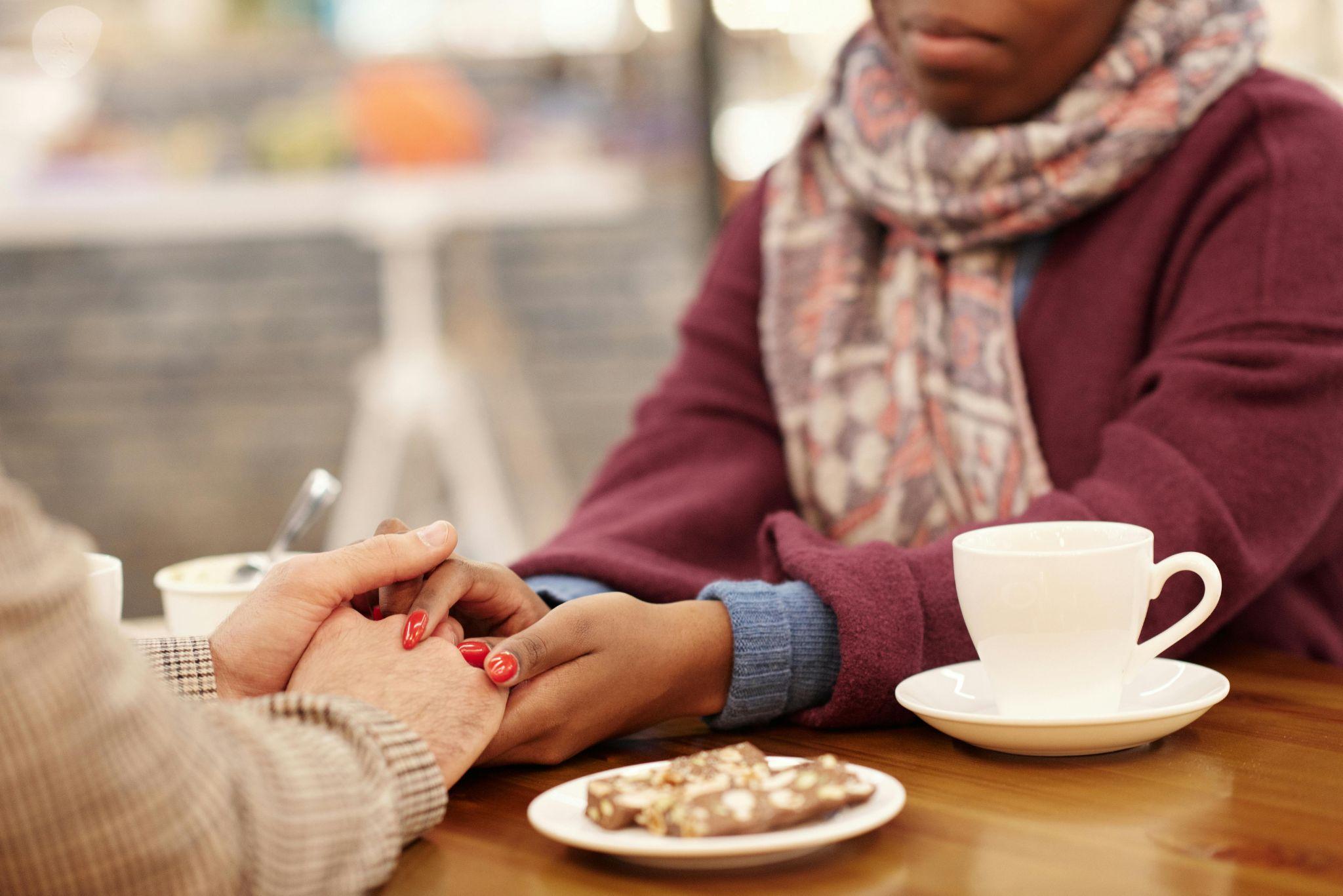Sending thoughtful items to a loved one in rehab can play a crucial role in supporting their recovery journey. Knowing what to send can demonstrate your care and encouragement during this challenging time. By selecting items that align with their needs, preferences, and the facility’s guidelines, you can provide comfort and motivation for their healing process.
Personalized letters, comforting items for relaxation, healthy snacks, and inspirational books can all contribute to their well-being and sense of connection. Understanding the significance of your gesture and choosing items wisely can make a positive impact on their overall recovery experience.
This article will provide guidance on selecting appropriate items to send, ensuring your support is meaningful and beneficial for their progress.
Personalized Letters and Cards
Sending personalized letters and cards can provide heartfelt encouragement to individuals undergoing rehab treatment for alcohol or drug abuse. Encouraging notes, thoughtful drawings, supportive messages, and heartfelt poems can all play a significant role in boosting the morale and emotional well-being of those in recovery. By taking the time to craft a personalized message or create a handmade card, you can show your loved one that you are thinking of them and rooting for their success in overcoming addiction.
Encouraging notes can serve as a daily reminder of love and support, while thoughtful drawings can add a creative and personal touch to your correspondence. Supportive messages expressing belief in their strength and resilience can motivate individuals to stay committed to their recovery journey. Heartfelt poems, with their emotional depth and sincerity, can evoke feelings of hope and determination during challenging times.
Comforting Items for Relaxation
Including soothing essential oils can enhance the relaxation experience for individuals in rehab. Aromatherapy oils like lavender or chamomile can help reduce anxiety and stress, creating a calming environment.
Cozy blankets provide physical comfort and a sense of security, aiding in relaxation and promoting better sleep.
Stress relief toys, such as stress balls or fidget spinners, offer a tactile way to release tension and redirect nervous energy.
Relaxing music can have a therapeutic effect, soothing the mind and promoting a sense of tranquility.
These comforting items play a crucial role in creating a peaceful and supportive atmosphere for individuals undergoing rehabilitation.
Healthy Snacks and Treats
Providing a variety of nutritious snacks and treats can support individuals in rehab by promoting physical wellness and aiding in their recovery journey. Nutritious options such as fresh fruits, vegetables, nuts, and low-sugar granola bars can provide essential vitamins and minerals while keeping energy levels stable.
Self-care treats like dark chocolate or herbal teas can offer moments of relaxation and comfort during challenging times. Energy-boosting snacks such as protein bars, Greek yogurt, or trail mix can help individuals stay focused and alert throughout their treatment program.
Mindful indulgences like dried fruits, whole-grain crackers, or flavored rice cakes can satisfy cravings in a healthier way. By offering a balanced selection of snacks and treats, you can help your loved one in rehab maintain a healthy diet, manage cravings, and experience moments of pleasure and self-care during their recovery process.
Inspirational Books and Journals
To further support individuals in rehab, consider including a selection of inspirational books and journals that can foster personal reflection and growth during their recovery journey.
Creative expression can be a powerful tool in the healing process, allowing individuals to channel their emotions and thoughts in a constructive manner. Positive affirmations found in these books and journals can help individuals cultivate a mindset of self-compassion and optimism as they navigate the challenges of recovery.
Self-reflection prompts offer an opportunity for deep introspection, aiding individuals in gaining insights into their behaviors and motivations. Additionally, motivational quotes can serve as daily reminders of strength and resilience, inspiring individuals to stay committed to their journey towards sobriety.
Final Thoughts
Sending thoughtful items to someone in rehab can offer much-needed support and encouragement during their recovery journey. By selecting personalized letters, comforting items, healthy snacks, and inspirational books, you can help uplift their spirits and provide a sense of comfort and connection. These gestures show your care and can make a significant impact on their overall well-being and motivation to stay committed to their recovery goals.
At Altitude Recovery, we’re committed to lifting you from the depths of substance use challenges to the heights of recovery and resilience. Our expert team provides personalized, evidence-based treatment services designed to support your distinct path towards healing. Reach out to us for the understanding and compassionate care you deserve on your journey to wellness.
Frequently Asked Questions
Can I Send Electronic Devices or Personal Belongings to Someone in Rehab?
Sending electronic devices or personal belongings to someone in rehab is typically discouraged due to potential distractions or risk of misuse. Instead, consider sending letters, photos, care packages with snacks, books, magazines, art supplies, or journals to provide comfort and support.
These items can help individuals in rehab stay connected, engaged, and focused on their recovery journey without the interference of electronic devices.
Are There Any Restrictions on the Types of Clothing or Footwear That Can Be Sent to Someone in Rehab?
When sending clothing and footwear to someone in rehab, it’s essential to adhere to facility guidelines. Certain items may be restricted due to safety concerns or therapeutic reasons. Opt for comfortable and modest clothing options that promote well-being and support the individual’s recovery journey.
Encouraging personal care items like hygiene products or soothing items can also enhance their experience. Prioritizing the individual’s comfort and therapeutic needs is key when selecting items to send.
Is It Okay to Send Money or Gift Cards to Someone in Rehab?
When considering sending money or gift cards to someone in rehab, it’s important to check the facility’s policies regarding such items. Some rehab centers may have restrictions on monetary gifts, while others may allow them in specific circumstances.
Instead of cash or gift cards, you can consider sending letters, care packages, personal notes, or homemade treats to show your support and love for the individual in treatment.
How Often Should I Expect to Receive Updates on the Progress of the Person in Rehab?
The frequency of progress updates on a loved one in rehab varies depending on the facility’s policies and the individual’s preferences.
Communication with the family is crucial for the support system’s involvement in the recovery journey.
It’s advisable to discuss expectations with the rehab center to find a suitable arrangement for sharing updates on the person’s progress.
Regular updates can provide reassurance and motivation for both the individual in rehab and their loved ones.
Are There Any Specific Guidelines for Sending Packages to Someone in Rehab, Such as Size or Weight Restrictions?
When sending packages to someone in rehab, it’s important to adhere to specific guidelines. Typically, there may be restrictions on package contents, such as prohibiting items like alcohol, drugs, or sharp objects. Delivery restrictions, like size or weight limitations, may also apply.
Personal letters are usually encouraged, but it’s advisable to check with the facility for any specific rules. Additionally, be mindful of any dietary restrictions the person may have when sending food items.





